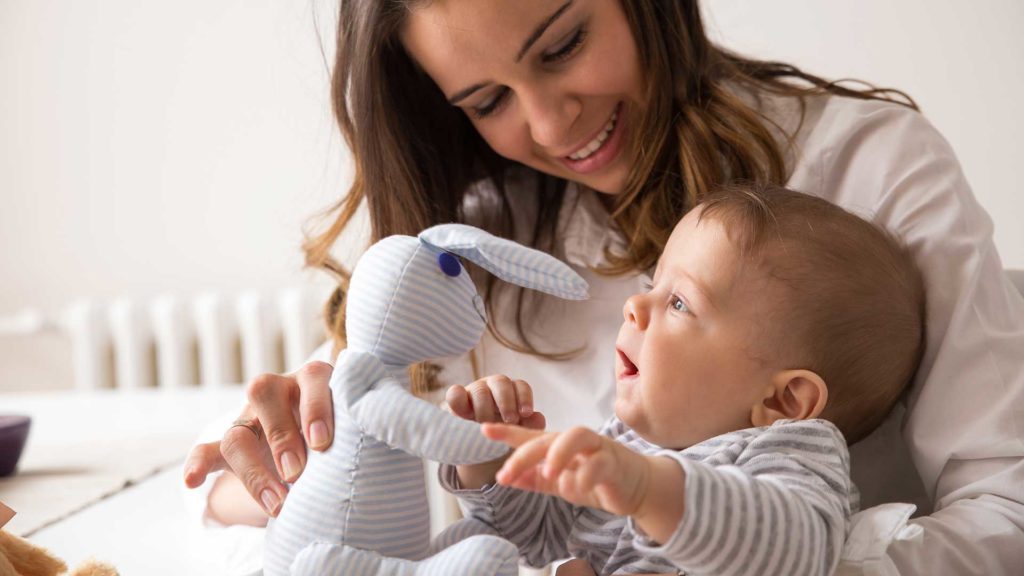written by Roslyn Oakley, M.D.
For most kids and adults, RSV (respiratory syncytial virus) acts like a common cold. Symptoms such as coughing, sneezing, runny nose, fever and wheezing peak within a week and then slowly get better. In fact, most kids have been exposed to the virus by their second birthday.
However, RSV can be serious, especially for babies born prematurely, infants, older adults and anyone with a weakened immune system. The U.S. Centers for Disease Control and Prevention reports that RSV is the most common cause of bronchiolitis (infection and inflammation of the small airways in the lung) and pneumonia (infection of lung tissue) in children younger than 1 year old.
If your child is ill and has serious symptoms such as difficulty breathing, a blue tint to the skin, lips or nail beds, has pauses in breathing, or isn’t able to drink anything, get help from a medical professional as soon as possible.
Like other viruses that cause the common cold, RSV spreads through droplets – a careless cough, an uncovered sneeze, direct contact with a sick person. The virus can survive for several hours on hard surfaces such as tabletops. If your child is at higher risk of having more complications from RSV, you can take these steps to prevent the spread:
- Cover coughs and sneezes with a tissue or your shirt sleeve – NOT your hands.
- Wash your hands often with soap and water.
- Avoid close contact with sick people.
- If you do have cold symptoms, avoid close contact such as kissing or shaking hands.
- Avoid sharing cups with your child—you could be sick and infectious but with no symptoms yet.
- Frequently clean potentially contaminated surfaces such as tabletops, high chair trays and car seats.
- Limit the time your child spends in child-care centers or other potentially contagious settings, especially during fall, winter, and spring.
Unfortunately there is no vaccine for RSV because the virus mutates (changes) too quickly, which means you can get RSV more than once during your life.
We do have a medicine, though, called palivizumab or Synagis, that can prevent RSV’s worst symptoms in extremely high-risk infants. It’s not a cure, and it won’t help children who are already sick with RSV, but it could help your child avoid serious illness. If you have a child younger than two years old who was born very prematurely before 32 weeks, has Down Syndrome, or has a severe medical condition that affects the lungs or the immune system, talk to your doctor about whether palivizumab would benefit your child.

